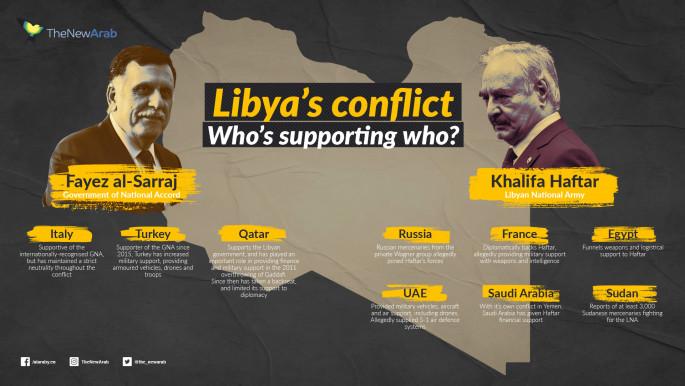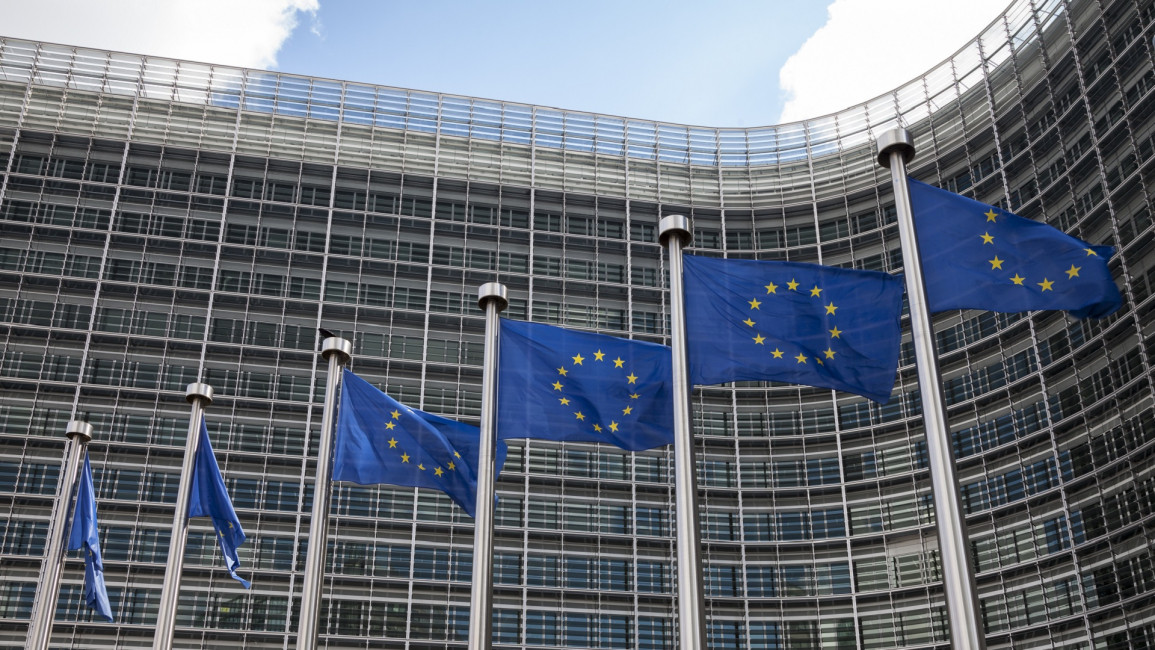EU sanctions three companies for violating Libya arms embargo
The European Union on Monday imposed sanctions on three companies - one Turkish, one Kazakh and one Jordanian - for breaching the UN arms embargo on Libya, diplomatic sources told AFP.
Foreign ministers from the bloc signed off on the measures, which freeze any EU assets held by the companies, cut them off from EU finance markets, and bar them from doing business with anyone in the bloc, at a regular meeting in Brussels.
Two individuals were also hit with the sanctions for supplying material to Libya, where the UN-recognised government in Tripoli has been under attack from rogue General Khalifa Haftar, who is the strongman of a rival administration in the east.
The EU has a naval mission operating in waters off Libya which is tasked with policing the embargo and collecting intelligence on violators, but Monday's measures are the bloc's first independent sanctions related to the conflict.
Read also: Libya ceasefire - Window of opportunity or doomed to fail?
Libya has been in a state of civil war since 2014, when Haftar’s self-styled ‘Libyan National Army’ launched ‘Operation Dignity’ against rival militias in Benghazi.
But there have been signs of progress, with representatives from the two sides meeting for peace talks in Morocco after last month announcing a surprise ceasefire and pledging national elections.
"After many months I see a reason for cautious optimism. There is a positive momentum, there is a ceasefire and we need to use it," EU diplomatic chief Josep Borrell said as he arrived for the foreign ministers' talks.
But the targeting of a Turkish company risks inflaming already tense relations between Ankara and the EU following a recent flare-up in the eastern Mediterranean over oil and gas reserves.

Follow us on Facebook, Twitter and Instagram to stay connected

![Security forces reportedly attacked Egyptian protesters outside the UN Women's Office in Cairo. [Facebook]](/sites/default/files/styles/image_330x185/public/2024-04/Facebook.jpg?h=dec22bcf&itok=X6dF46EV)

